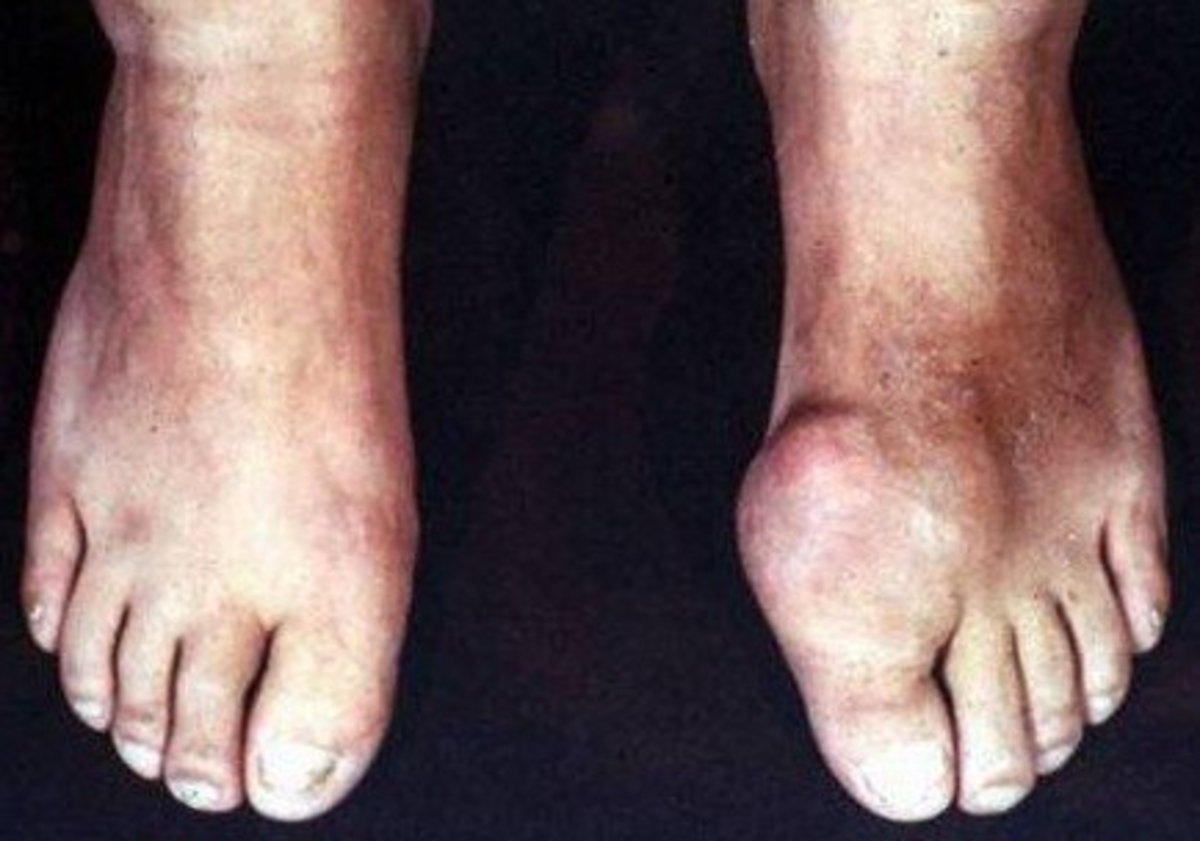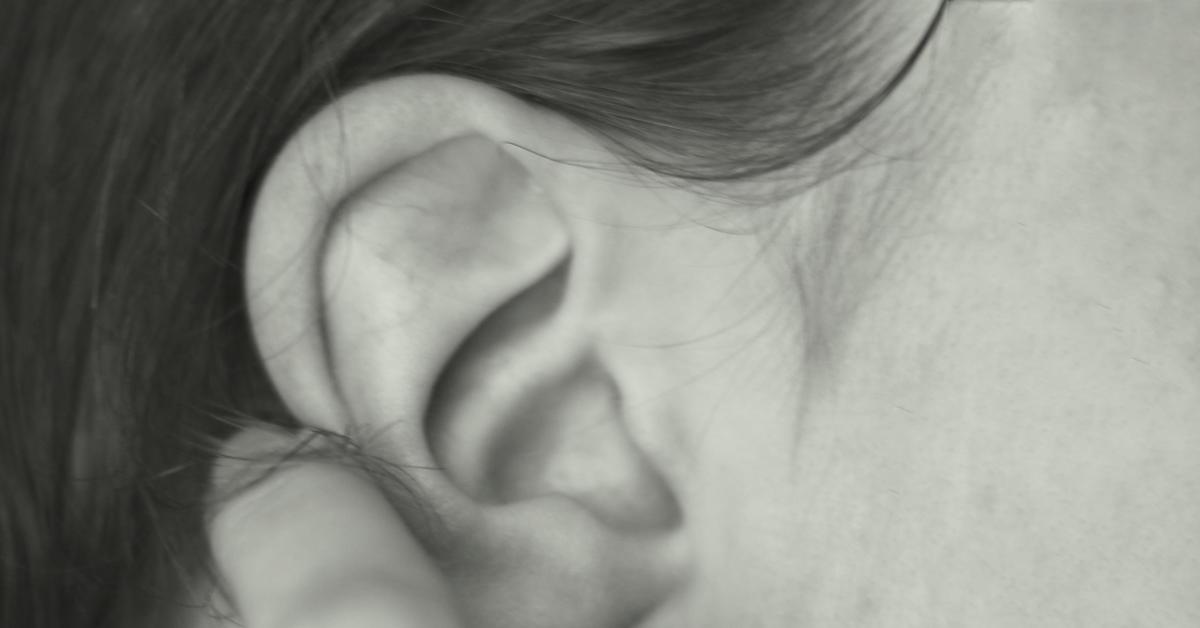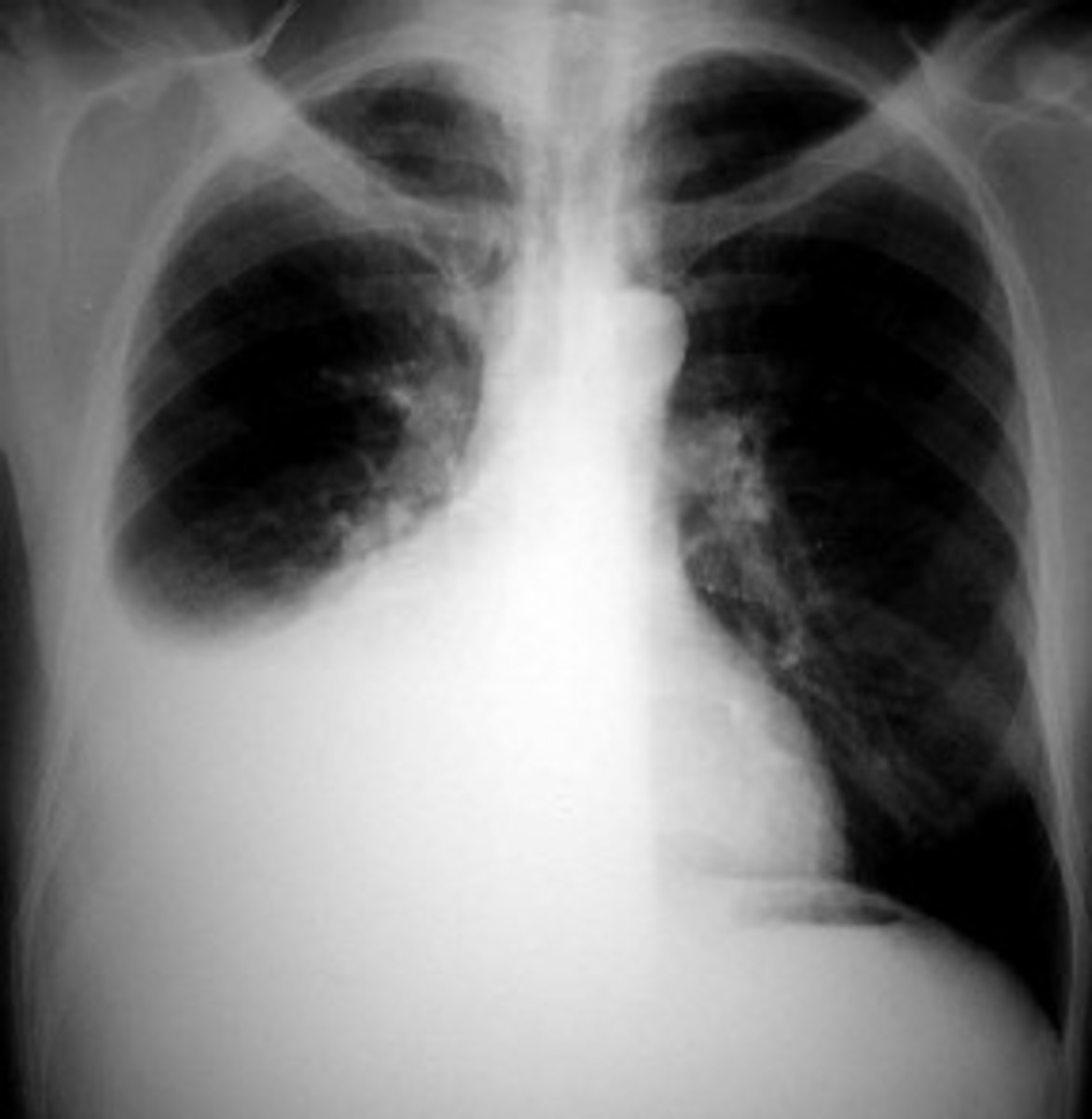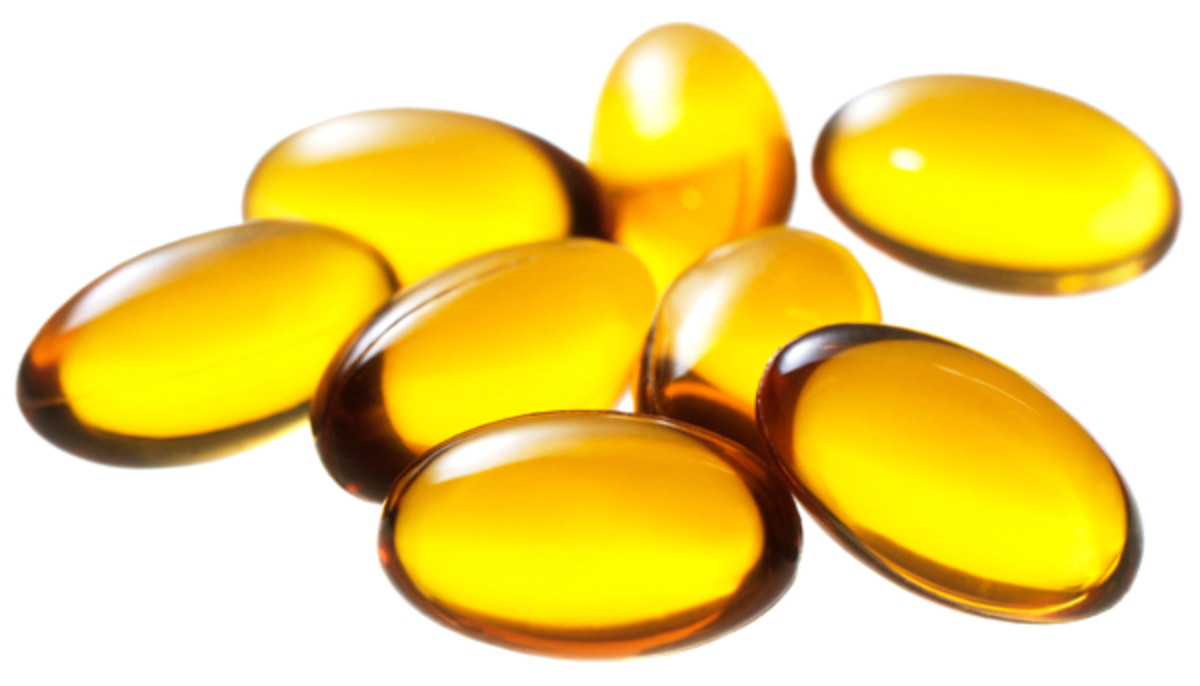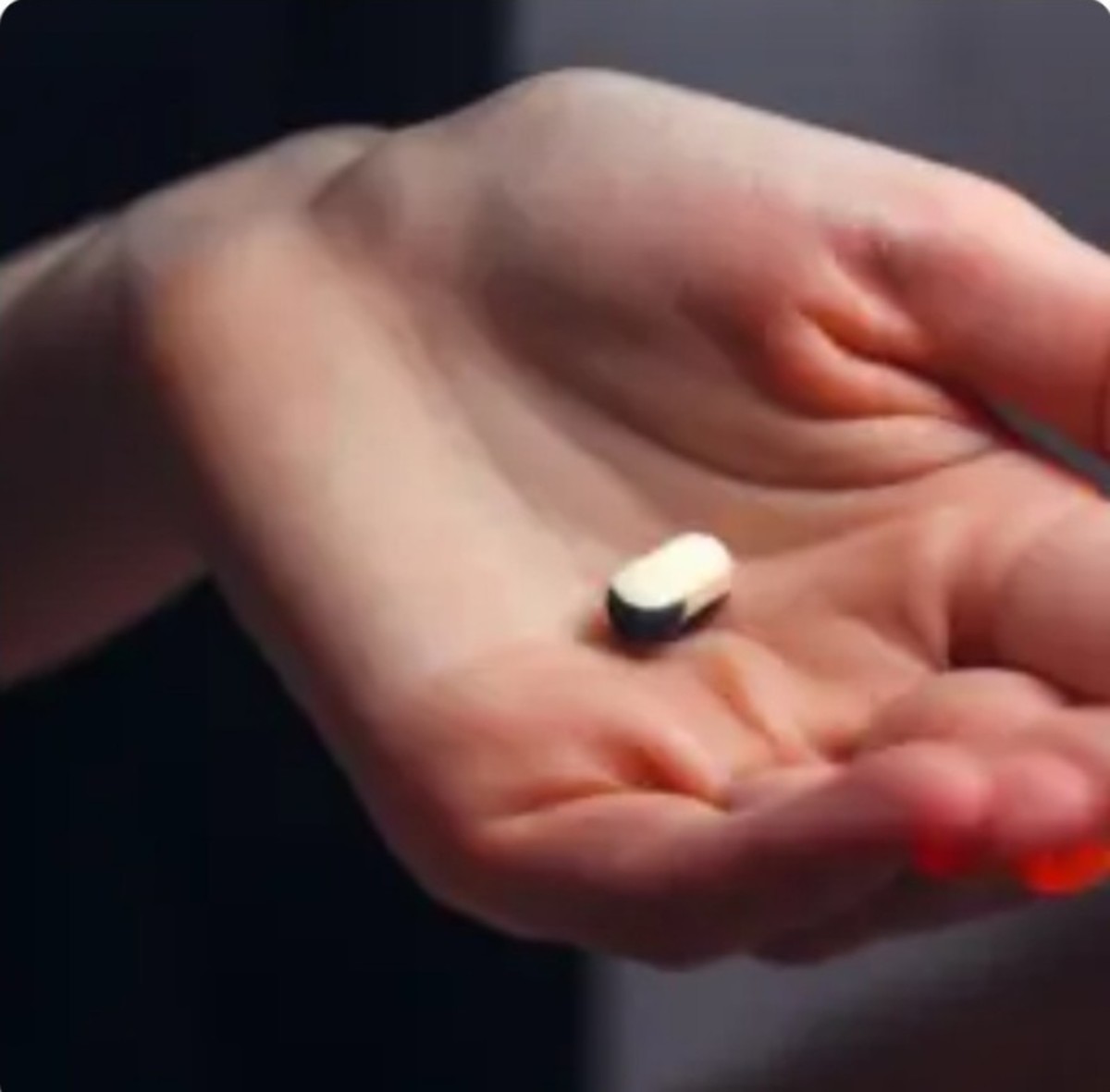How is Gout Treated?
Objective:
Upon completion of this Hub, the reader should have a basic understanding of the causes of gout, its symptoms, treatment for acute flares, and chronic treatment.
This Hub is purely informative on current therapies for gout, and is not meant to diagnose or treat any disease.
What is Gout?
Essentially gout is a disease caused by the buildup of serum urate concentration (hyperuricemia). At temperatures greater than 37 degrees Celsius, serum concentrations greater than 7 of urate will concentrate and precipitate. The deposition of uric acid in periphery tissue leads to crystal formation with monosodium urate. This is an extremely painful event, and can happen overnight. A good summation, its almost like glass has grown in a joint in either your hands or feet suddenly, and the slightest movement and touch causes it to cut deeper into tissue causing extreme pain.
What are signs and symptoms?
Patients may experience fever, intense pain, warmth and swelling of affected area, and inflammation of involved tissue. Patients serum uric acid levels may also be elevated. Test to determine if gout is present also include the observation of the synovial fluid (in other words, you draw out the fluid from the joint) and look for uric acid crystals.
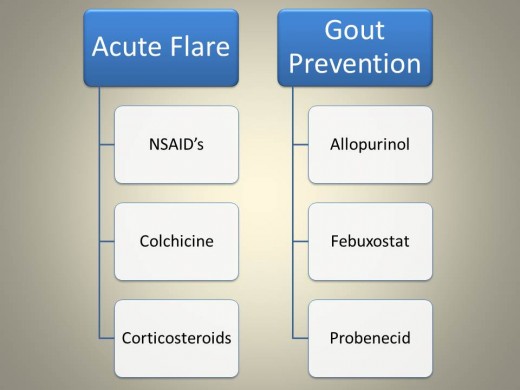
Medical Treatment
Essential treatment consists of managing the acute gouty phase with pain medications. While it would appear beneficial to drop the uric acid concentration as initial treatment, it is not oftne recommended as this can also make the gout flare worse or provoke additional attack. The reason is that dropping the concentration will cause a rebound buildup that make cause additional events.
After the gouty flare is managed and patients pain is controlled, the patient may be placed on chronic therapy to reduce uric acid concentrations. This may only occur after a patient suffers from multiple attacks, demonstrating that they may require continued therapy.
Acute Gout Management
Management of acute gout relies on alleviating the patients pain at the time of flare. While it could be possible to use any agent to mask the feeling of pain (such as opiods), this will not necessarily help reduce the pain overall. What has to be kept in mind is that gout is inflammation due to the uric acid crystals. As such, anti-inflammatory drugs are very beneficial in reducing the pain of gout. This includes using NSAID's (non-steroidal anti-inflammatory drugs), colchicine, and corticosteroids.
- NSAID's - High doses of either ibuprofen, indomethacin, and naproxen can be utilized to reduce inflammation and mange the pain of the acute gout flare. However, while these drugs can be beneficial, they are not recommended for patients with peptic ulcer disease, bleeding, renal dysfunction, gastritis, fluid retention, or those with congestive heart failure.
- Colchicine - While not an anti-inflamatory agent, it reduces the bodies response to gout and thus reduces pain. However, the biggest noted side effect is gastrointestinal disturbances (eg. diarrhea, nausea, vomiting). Dosing should be reduced in those with renal impairment to reduce side effects.
- Corticosteroids - These drugs are great to reduce inflammation. In addition, it can be given orally like NSAID's and Colchicine, but also intramuscular or intraarticular (into the affected tissue). This may be beneficial for monoarticular (just one site) affected area to reduce the inflammatory response. Fortunately, steroids do not require dose adjustments in renal impairment, and can thus be used if the other two agents are not recommended. Monitoring is required for patients that are diabetic (steroids cause elevation in blood sugars), and for patients with fluid retention. Long term use is not recommended.
Chronic Gout Management
Gout management relies on the premise that patients are either overproducers or underexcreters of uric acid. As such, therapies aim to either reduce the concentration of uric acid by decreasing production or increasing excretion.
- Probenecid - Increases the excretion of uric acid via the kidneys. However, does not affect the production of uric acid. Avoided in patients at risk for kidney or urinary stone formation.
- Allopurinol & Febuxostat- These agents both reduce the formation of uric acid and increase secretion. As such, they tend to be preferred as first line treatment for chonic gout management. Allopurinol has been around for years and is cheap and accessible. However, it is noted to be wary in patients that may be hypersensitive to it, those that suffer gastrointestinal discomfort, and rash. Febuxostat is a newer agent, that is still brand name and relatively expensive. While great for patients that are intolerant to allopurinol, it has been noted to cause increase in liver enzymes. Lastly, both agents may be lowered in dose due to renal impairment.
Lastly, while patients may be on chronic therapy, they will also be prescribed medications (as mentioned before) for acute flares that may occur, so that they may self manage at home.
Nonpharmacologic Treatment
Gout is induced by multiple factors that a patient can manage to reduce flare-ups. This includes dietary management, where it is advisable to reduce alcohol intake, and reduction in saturated fats and meats high in purines. These meats include red meat and organ meats. Beer is also high in purines. Often the case, a person may enjoy a nice barbecue with beer, and wake up the next night feeling like someone is stabbing glass into their foot. In addition, good hydration is advisable, however, this may not be warranted in patients that are at risk for fluid overload (such as patients with chronic kidney disease or congestive heart failure).
Summary
- Gout can be sudden and abrupt with incessant pain in a localized joint
- Acute therapy is necessary to reduce inflammation
- Chronic therapy with medication and lifestyle modification are warranted in patients with chronic gout flares

